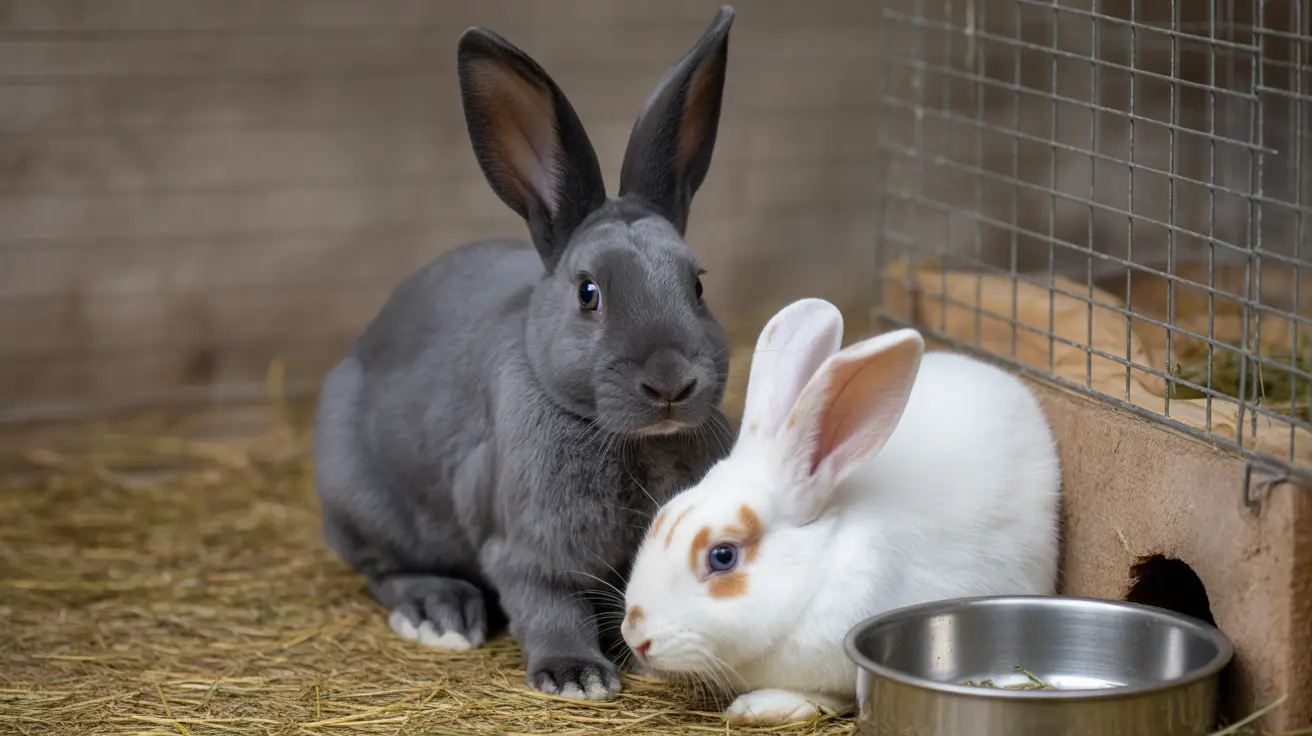Can I Give My Dog a Little Sugar? What Every Pet Owner Should Know
As a dog owner, it's tempting to share tasty human treats with your furry companion. However, when it comes to sugar, caution is critical. While sugar itself is not classified as toxic to dogs, its health implications can be significant—especially when offered regularly or in large quantities. Understanding the effects of sugar and safe alternatives will help you make better nutritional choices for your dog.
Why Sugar Can Be Harmful to Dogs
Dogs don't need added sugar in their diet. Commercial dog foods are already balanced to provide necessary nutrients. Regular consumption of sugar—even in small amounts—can cause a range of health concerns in canines.
- Obesity: Sugar increases calorie intake and may contribute to weight gain.
- Diabetes: Excessive sugar can elevate blood glucose levels, risking diabetes.
- Dental Disease: Sugar contributes to plaque and tooth decay.
- Digestive Issues: Sugar can cause vomiting, diarrhea, stomach upset, and bloating.
- Immune System Depression: Too much sugar may impair immune defenses.
- Pancreatitis: High sugar diets can trigger inflammation of the pancreas.
Dog-Safe Sources of Natural Sugar
Dogs can enjoy natural sugars found in certain fruits and vegetables, but only in moderation. These should make up less than 10% of their daily calorie intake.
- Apples (remove seeds)
- Blueberries
- Strawberries
- Bananas
- Watermelon (seedless)
- Cantaloupe
- Carrots
These treats offer vitamins and fiber without the health hazards of processed sugar, but they should be fed thoughtfully to prevent overconsumption.
Processed and Added Sugars: What to Avoid
Dogs should not eat any added or processed sugars. Examples include:
- Table sugar (sucrose)
- Brown sugar
- Powdered sugar
- Cane sugar
- Corn syrup
- Candy and cakes
- Sodas and sweetened liquids
Even small amounts consumed regularly can lead to chronic issues over time. Consistent sugar intake is also known to cause gut imbalances, leading to digestive and immune problems.
Dangers of Artificial Sweeteners
Artificial sweeteners may sound like a sugar-free fix, but they can pose serious risks. Xylitol is especially toxic and can be fatal for dogs.
- Xylitol: Causes hypoglycemia, seizures, liver failure, and possibly death—even in small amounts.
- Other sweeteners: Aspartame, sucralose, monk fruit, stevia, erythritol, and saccharin are less dangerous but may still cause gastrointestinal distress if overconsumed.
Xylitol is commonly found in sugar-free gum, toothpaste, baked goods, and some peanut butters. Always read ingredient labels before sharing food with your pet.
Human Sweets That Are Especially Dangerous
Some treats are off-limits to dogs regardless of their sugar levels:
- Chocolate: Contains theobromine, highly toxic to dogs (especially dark chocolate).
- Grapes and Raisins: Can cause kidney failure.
- Caffeine: Extremely harmful to the canine nervous system and heart.
- Candy and Lollipops: High sugar content and risk of xylitol poisoning or choking hazards.
What If My Dog Ate Sugar?
If your dog consumed a small amount of plain sugar, they might experience minor stomach irritation. However, if they ingest a large quantity or items containing xylitol, chocolate, grapes, or other harmful ingredients, seek veterinary help immediately.
Symptoms to monitor include:
- Vomiting and diarrhea
- Lethargy or weakness
- Seizures or tremors
- Incoordination or collapse
Quick veterinary intervention can prevent serious complications and save your dog's life.
Healthier Alternatives and Treat Guidelines
Rather than offering sugary human treats, prioritize dog-safe alternatives:
- Dog biscuits labeled no added sugar
- Carrot slices or apple chunks
- Frozen blueberries or banana slices (in moderation)
- Commercial treats made specifically for dogs
Always check for xylitol or other dangerous ingredients in any product. Moderation remains key—even for dog-safe options. Avoid exceeding 10% of your dog’s daily intake with treats, and monitor their weight and energy levels routinely.
Special Considerations for Dogs With Health Conditions
Dogs with diabetes, obesity, pancreatitis, or other medical concerns should avoid even small amounts of sugars or sweet treats. Always consult with a veterinarian before offering new foods if your dog has a health condition. Your vet can recommend suitable snacks and provide guidance tailored to your pet’s needs.
Conclusion
While giving your dog a little sugar might seem harmless, the long-term health risks far outweigh the momentary pleasure. Stick to natural, dog-safe options and avoid processed and artificial sugars entirely. With the right knowledge, you can treat your pet safely and responsibly—ensuring they live a happy, healthy life.





